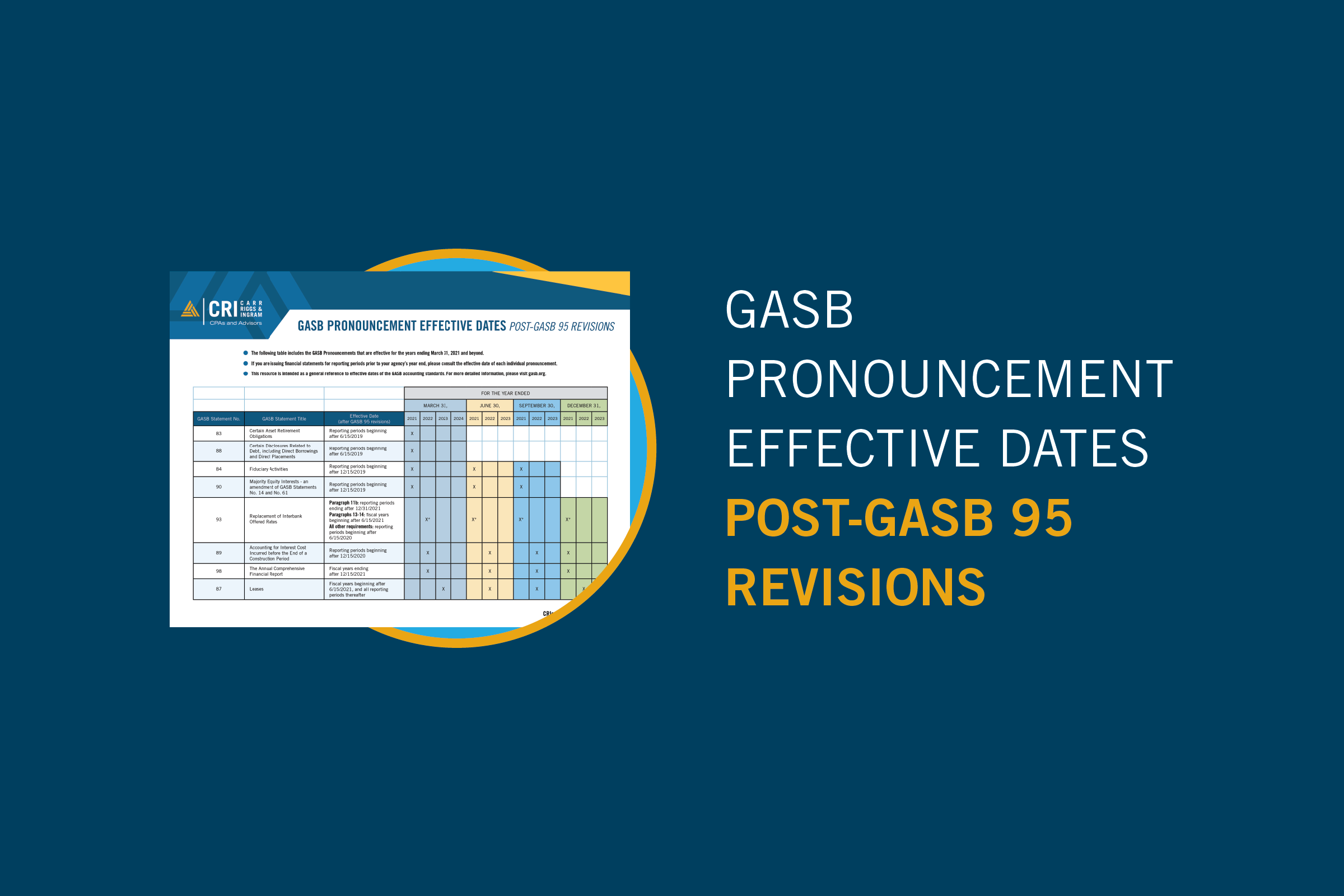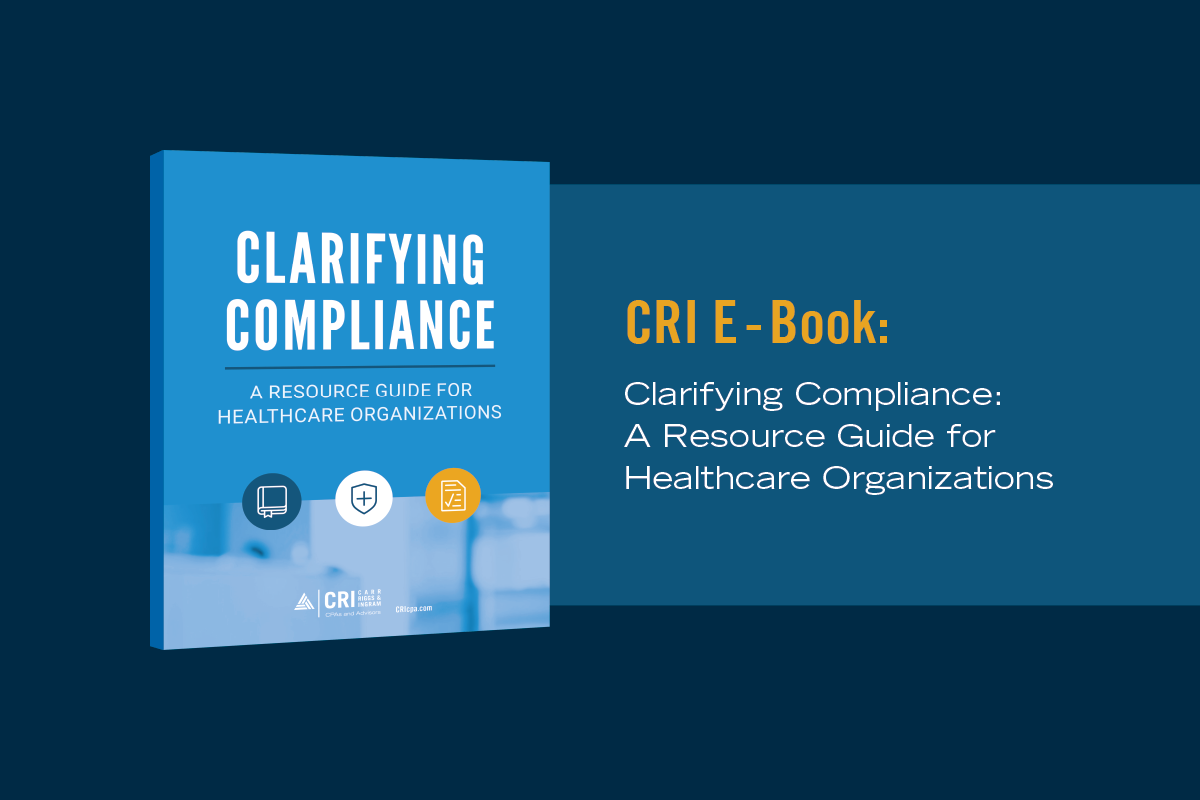Six Common Nonprofit IRS Audit Triggers
- Contributor
- Tiffany T. Orr
May 30, 2023
The Inflation Reduction Act has provided the IRS with an additional $80 billion in funds, of which $46.5 billion is allocated explicitly for enforcement activities. As a result, the IRS, known for its regular audits of exempt organizations to verify compliance with federal tax regulations, will experience a substantial increase in funding specifically for conducting audits. Consequently, it may only be a matter of time before your nonprofit becomes subject to an audit.
Types of Audits
When it comes to IRS audits, there are three primary types that individuals and businesses may encounter:
- Mail Audit: The client receives a letter from the IRS requesting specific information to be faxed or mailed back.
- In-person Office Audit: The client is required to visit an IRS office and meet with the designated agent conducting the audit.
- In-person Field Audit: The assigned IRS agent visits the client’s place of business or their accountant’s office to conduct the audit.
Each type of audit may have its own unique requirements and procedures. Therefore, it is crucial to understand the specifics of the audit type you may be subject to navigate the process effectively.
Common Audit Triggers
While an audit can occur randomly, there are common triggers that the IRS looks for. Understanding these six nonprofit IRS audit triggers is crucial to establish procedures that address these triggers and minimize the likelihood of selection.
- Form 990 Indicators
The IRS uses aggregate Form 990 data to target areas of concern or non-compliance, assuming forms are completed accurately. When Form 990 is submitted with incomplete or inaccurate information, it gives the appearance of a non-compliant organization. The IRS has stated that this conclusion may lead to an examination (audit). The IRS also uses Form 990 to identify governance issues that they feel can lead to non-compliance. The numerous questions in the 990 related to board and management governance provide the IRS with insight into organizations that may be more likely to have issues that should be examined.
- Referrals
The IRS has a robust referral program for exempt organizations that allows referrals from individuals, groups, other government agencies, and more. When the IRS receives a referral, the agency reviews the relevant information and then decides as to whether an audit is warranted. While most people may consider a referral “whistleblowing,” many referrals to the IRS come from state agencies coordinating information with the IRS. These state referrals may come from non-filing in a state, payroll issues, or other tax-exempt issues related to the states where the nonprofit operates.
- Foreign Activities
Currently, the IRS is focusing significantly on large foreign grant activities. Their concern is that money sent overseas could be diverted away from charitable purposes. Previously, areas of non-compliance concerning control of overseas expenditures, reporting of foreign bank accounts, and inadequate record keeping have been found.
- Fundraising Income/Expense Discrepancies
If there are large amounts of fundraising income, the IRS generally expects to see related amounts of fundraising expenses. The IRS may initiate an audit if it feels fundraising expenses are not in proper proportion to fundraising income.
- Compensation Issues
Most nonprofit organizations are aware that the IRS frowns on unusually high executive compensation. However, they also focus on unusually low compensation amounts reported in relation to the size of the organization. In this scenario, the IRS may be concerned regarding a lack of reporting transparency and may decide to open an audit.
- Unrelated Business Income (UBI)
The IRS seriously reviews organizations with a history of substantial UBI (income unrelated to exempt function) that have not paid any taxes since these organizations may be allocating too many expenses to UBI. A recent program that the IRS conducted with universities confirmed the need to expand efforts in this area.
CRI’s not-for-profit CPAs can work with your organization to ensure compliance in common audit trigger areas. If your organization is selected for an audit, we can help navigate the process and make it as pain-free as possible.





















































































































































































































































































































































































































































































































